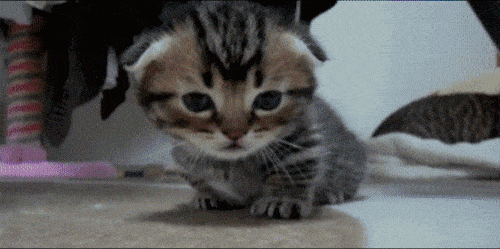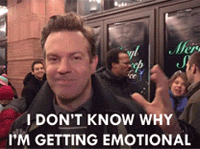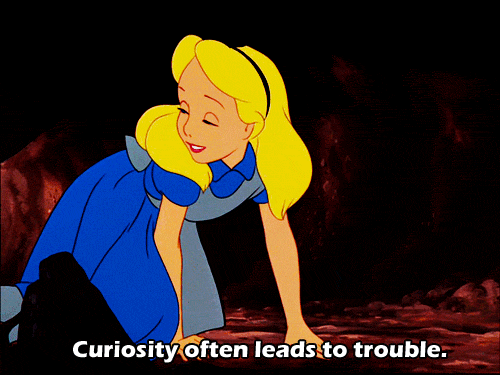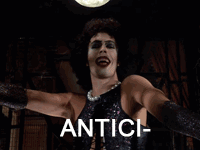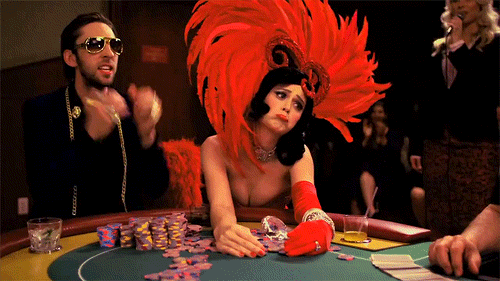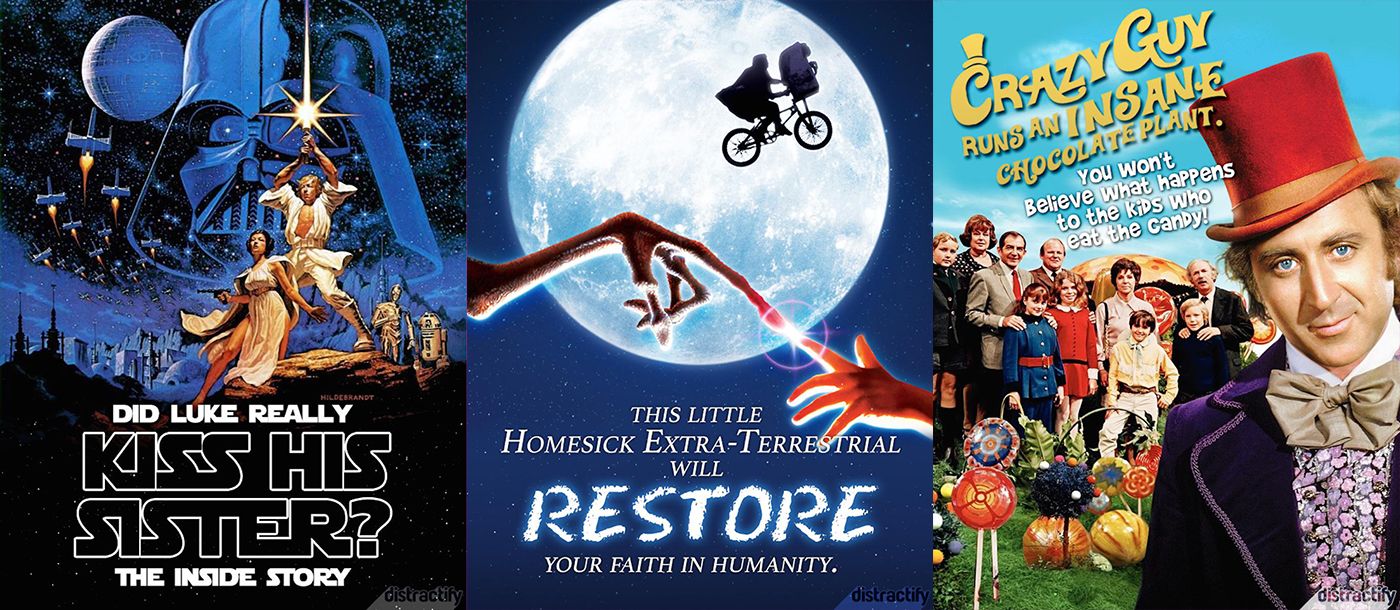When this blind kitten sees his first rainbow you won’t be able to hold back your tears
Gotcha! You have become another victim of a clickbait headline! This article will not restore your faith in humanity nor will it satisfy your craving to read an emotional tale of a blind kitten experiencing a joyous moment. But what this article will do is explain what clickbait headlines are, their effectiveness, and why people fall for them – like you just did.
Clickbait articles
“Clickbait” is internet slang for online media or news content with sensationalist headlines that are produced for the sole purpose of accumulating page views to generate advertising revenue. It is typically used as a pejorative for viral media and stories that spread through social networking sites despite their perceived lack of depth, quality, authenticity, or accuracy.
American TV personality Jon Stewart neatly summed up clickbait headlines in a conversation with New York magazine:
…when I look at the internet, I feel the same as when I’m walking through Coney Island. It’s like carnival barkers, and they all sit out there and go, “Come on in here and see a three-legged man!” So you walk in and it’s a guy with a crutch.
You’ve been duped. How did this happen? Well, here are some of the tricks to creating an effective clickbait headline.
1. Emotional manipulation
If you’re reading this article then it’s likely you’re a human being with emotions. Editors, who you may or may not classify as human beings, write headlines in an effort to manufacture an emotional response from you – they always have. If the article headline generates an emotional response then you’re compelled to click it. Inspiration, nostalgia, heartbreak, joy.
click
Gotcha.
2. Curiosity
Curiosity may have killed the cat, but it’s the cat that brought you to this article, right? Some clickbait headlines promise to teach you something that you didn’t even know you didn’t know. Upworthy articles are particularly good at this and psychologists have a few theories why.
In the mid-1990s, George Loewenstein developed “information gap” theory. It is a techinque used where missing information is necessary to complete a task or solve a problem.
“The curious individual is motivated to obtain the missing information to reduce or eliminate the feeling of deprivation.”
Basically, by not clicking on the article and obtaining resolution to a presented mystery, you’re left feeling cognitively uncomfortable. You want to satisfy your curiousity. Even if the three-legged man is just a guy with a crutch.
3. Anticipation
You know those few seconds you click on the article that has reeled you in and you’re waiting for the page to load and you think “I can’t wait to see what this is about”? Quite exciting, isn’t it? Well, you can thank your brain for releasing a squirt of dopamine into your system. Dopamine is that wonderful organic chemical neurotransmitter that can manipulate your behavior to get a fix of “happy”.
So why do clickbait headlines help us get our kicks? Let’s take the title of this article as an example.
Think of the images of the adorable kitten as a reward. Now think of the headline as a signal. You’re about to see an adorable kitten. Lastly, think of the actual clicking of the link as the work you have to do to obtain your reward.
See headline, click hyperlink, receive reward.
You might think that the dopamine dosage occurs when we recieve the reward, but it actually happens when we see the signal. It’s the headline that gave you that pleasure response.
The headline makes a promise of something that excites you and gives you that hit of dopamine.
But, what if the content of the article doesn’t meet the hype?
4. Gambler’s paradox
You’ve liked the headline. But the article sucked. So your brain thinks “I guess we’ll just have to move onto the next one”.
“A Couple Rode Into Their Wedding Reception On Unicorn Jet Skis Like Bosses”
“Let’s try again.”
“17 Lion Vines That Will Kill You With Cuteness”
“Maybe one more go…”
“10 Peanut Butter Recipes That’ll Take You To Heaven And Back”
That’s all it takes to sucker us in. Happiness is slavery. Hopefully this article has taught you to just say “no” to the emotional abuse that clickbait headlines make us endure.
Oh look, Top 10 Bruce Lee Moments!
Two annoyed Irish guys from Channel 4 show “Craic Addicts” perfectly sum up their frustrations from clickbait articles in this video. What happens next might shock you!
Final thoughts: Can you imagine if movies had clickbait titles?
